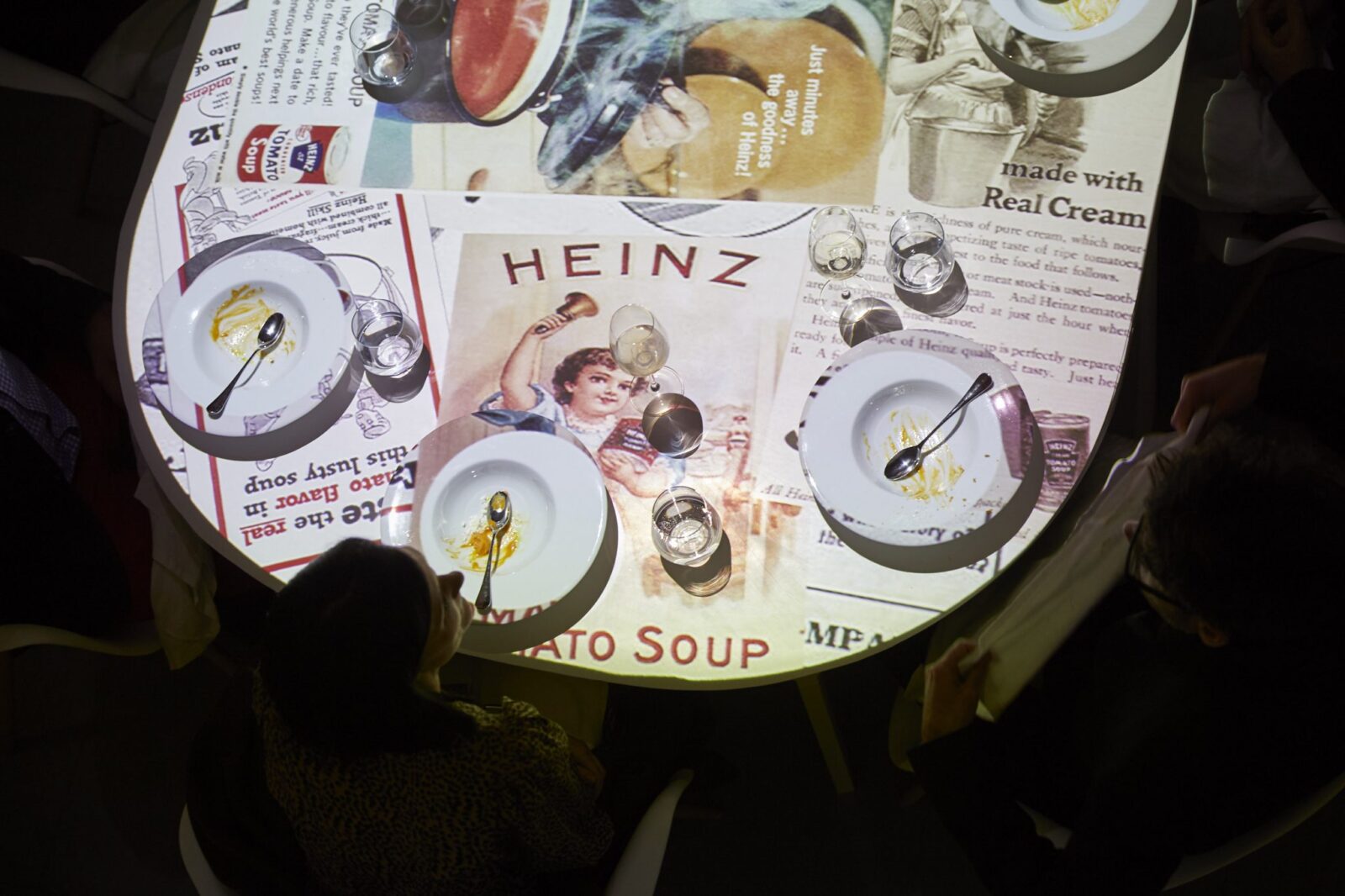DENVILLE HALL
COULD ICE-CREAM BE THE PERFECT VEHICLE FOR DELIVERING NUTRITION TO THE ELDERLY?
In October 2018, the Office for National Statistics (ONS) reported that a total of 67,641 deaths were attributed to dementia and Alzheimer’s in 2017 – up from 62,948 in 2016. This number is forecast to increase to over 1 million by 2025 and over 2 million by 2051. Among the many challenges with caring for dementia patients is ensuring they get enough nutrients and maintain a healthy diet, which is of great importance to their mental and physical well-being.
With this in mind, Kitchen Theory Chef Patron Jozef Youssef and long-term collaborator & experimental psychologist Professor Charles Spence, sought to understand how their research into multi-sensory flavour perception could play a role in improving nutritional intake in care homes, especially for patients suffering from dementia. They did this by working with Denville Hall, a retirement home for professional actors. Over the course of several months, our team developed a series of nutritious, delicious and nostalgically themed ice-creams, both savoury and sweet.
BUT WHY ICE CREAM YOU MAY ASK?
Aside from the positive/nostalgic associations with this sweet treat, a large part of its enjoyment is in the textural properties (smooth, creamy, rich, soft, cold) which provide a unique mouthfeel experience – this is perfect when you consider that our sense of smell diminishes with age (leading to food losing it’s flavour) particularly for those suffering from degenerative diseases such as dementia or Alzheimer’s. Check out some images of the dining experience above hosted at our studio to launch this initiative, along with the menu of nutritious, delicious and nostalgically themed ice-cream dishes.
RESEARCH PUBLICATION
In a paper published in the International Journal for Gastronomy and Food Science, the duo teamed up with Spanish researcher Jordi Navara to investigate the use of ice-cream as a potentially effective vehicle for the delivery of nutrition and energy to the elderly and hospital patients.
Currently, there appears to be a general belief that ice-cream is an unhealthy product and therefore is not commonly considered. That said, the dynamic contrast that ice-cream provides also appears capable of providing positively-valenced sensory stimulation at mealtimes to those elderly individuals who might not otherwise eat enough (i.e., who may well be malnourished). After outlining the problem, they illustrate how widely available meal replacement powders and pureed vegetables can be incorporated into ice-cream recipes to make them a more effective vehicle for the delivery of nutrients and vitamins while maintaining the appropriate texture and mouth-feel. Furthermore, they investigate a number of other strategies for making ice-cream more appealing, including everything from improving the naming of the dish through to optimizing the plate-ware and environment in which the meal is served.
Client:
QodeInteractiveDate:
March 21, 2022





